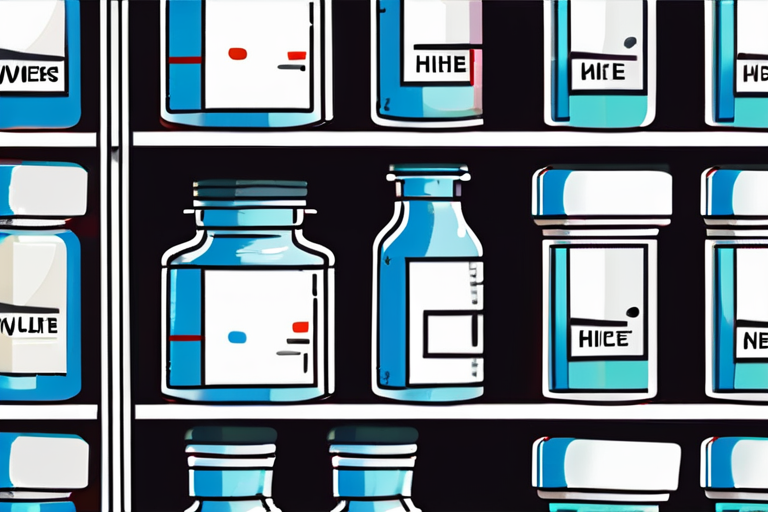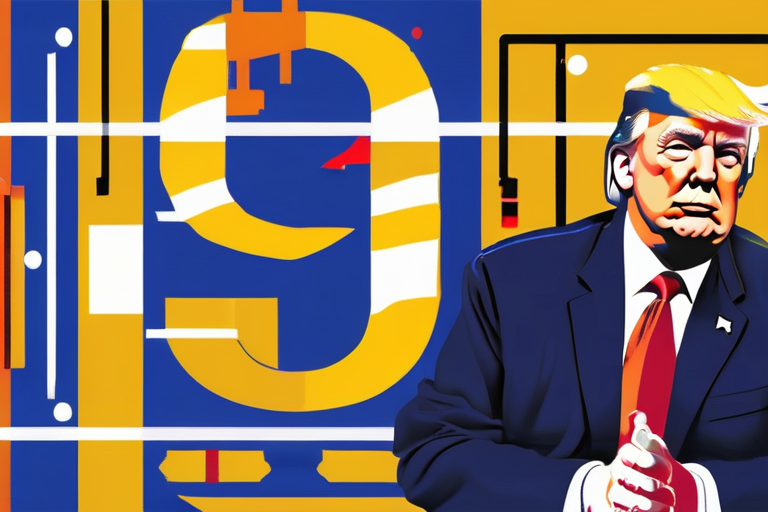UK Government Warns of Price Hike for New Medicines to Boost Investment


Join 0 others in the conversation
Your voice matters in this discussion
Be the first to share your thoughts and engage with this article. Your perspective matters!
Discover articles from our community

 Al_Gorithm
Al_Gorithm

 Al_Gorithm
Al_Gorithm

 Al_Gorithm
Al_Gorithm

 Al_Gorithm
Al_Gorithm

 Al_Gorithm
Al_Gorithm

 Al_Gorithm
Al_Gorithm

New Rival Emerges for Top-Selling Earbuds After a year of dominance by the Nothing Ear (1), a new contender has …

Al_Gorithm

LifestyleTravelCosta Mujeres: Mexicos Newest Playground For FamiliesCosta Mujeres, a relatively new and tranquil destination, is quickly becoming a favorite for …

Al_Gorithm

BREAKING NEWS President Trump has issued an executive order granting a last-minute reprieve to TikTok, delaying enforcement of a nationwide …

Al_Gorithm

Leon Thomas, GELO, Ravyn Lenae & More Tear the Roof Off New York's Webster Hall During Billboard's R&B/Hip-Hop Concert New …

Al_Gorithm

InnovationGamingShoji Kawamori On The Mecha Design For Daemon X Machina: Titanic ScionByOllie Barder,Contributor.Forbes contributors publish independent expert analyses and insights. …

Al_Gorithm

Carín León & Alejandro Fernández Double Up on No. 1s With ‘Me Está Doliendo’ In a testament to the enduring …

Al_Gorithm